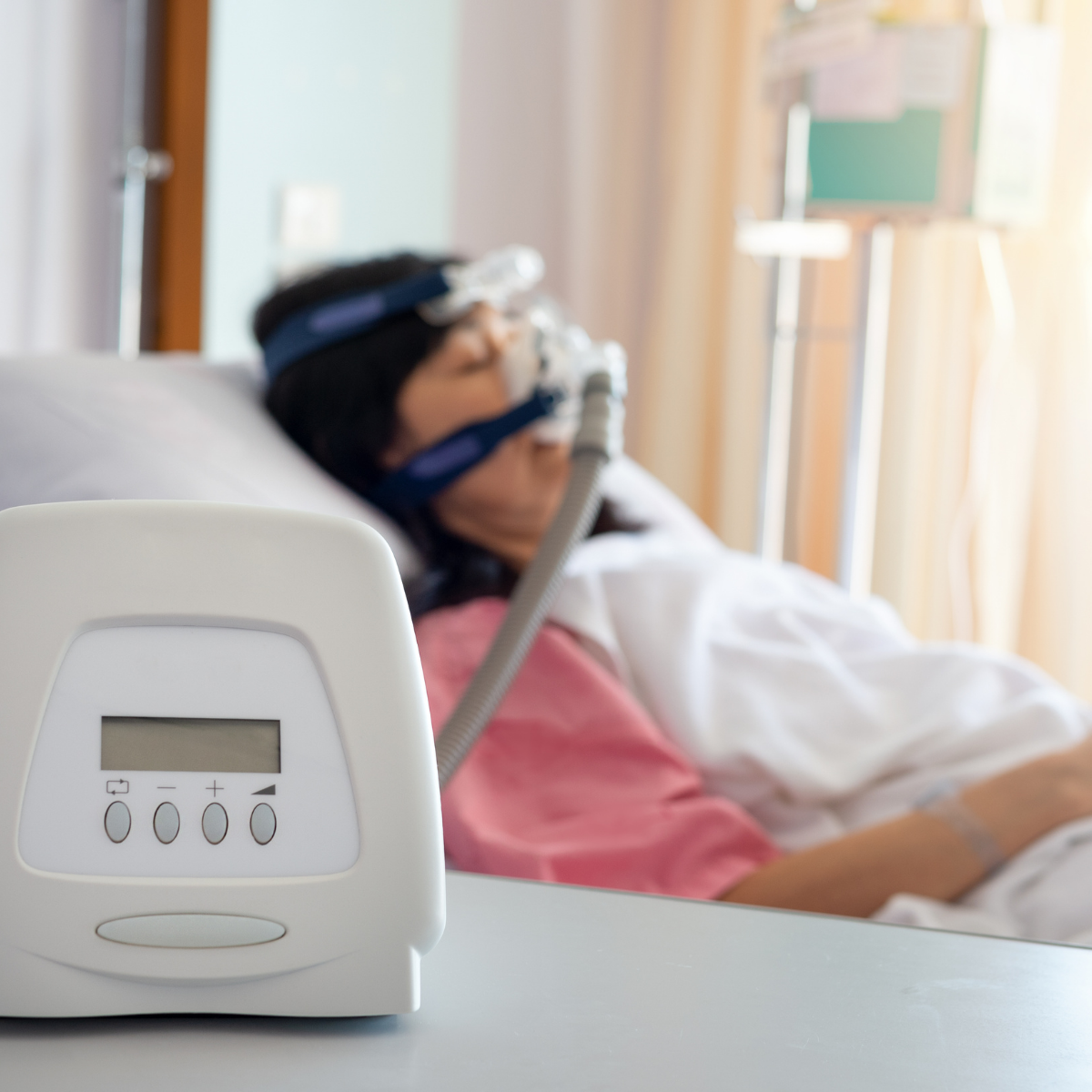Causes and risk factors
Obstructive sleep apnoea result when there is blockage of upper respiratory tract in sleep. The risk factors for this condition include advanced age, being overweight, smoking, high blood pressure. Medical conditions like adenoids, tonsillitis, deviated nasal septum also cause OSA. OSA is associated with recurrent oxyhemoglobin desaturation and arousals from sleep. The OSA associated with day time sleepiness is called as obstructive sleep apnoea syndrome. Men are more prone to OSA than women.
Clinical presentation
Patient presents with loud snoring which disturbs sleep of others, episodes of cessation of breathing during sleep, waking from sleep with shortness of breath, waking with dryness of mouth, or even chest pain. Once waken patient may get insomnia. Patient experiences mood changes, irritability, morning headaches, difficult concentration.
Investigation
Medical history by the patient and Clinical examination by the doctor helps in diagnosis. Tests that are used to diagnose OSA are polysmography, oximetry, portable monitoring.
Treatment
Treatment involves positive airway pressure, mouthpiece, and certain medications. Surgical intervention involves uvulopalatopharyngoplasty [UPPP], jaw surgery, implant insertion. Lifestyle changes such as losing weight, avoiding smoking, alcohol, regular exercise, nasal decongestant, avoiding sleeping on back will help in managing the condition. Good sleep hygiene, avoidance of alcohol, tobacco, light diet during dinner, exercise, yoga will contribute further to the treatment.
Other Modes of treatment
The other modes of treatment can also be effective in treating OSA. Homoeopathy is a science which deals with individualization considers a person in a holistic way. This science can be helpful in combating the symptoms. Similarly the ayurvedic system of medicine which uses herbal medicines and synthetic derivates are also found to be effective in treating OSA.
Facts and figures
1 in 5 adults have mild OSA. 1 in 15 has moderate to severe OSA. 9 % middle aged women and 25% middle aged men suffer from OSA.






























